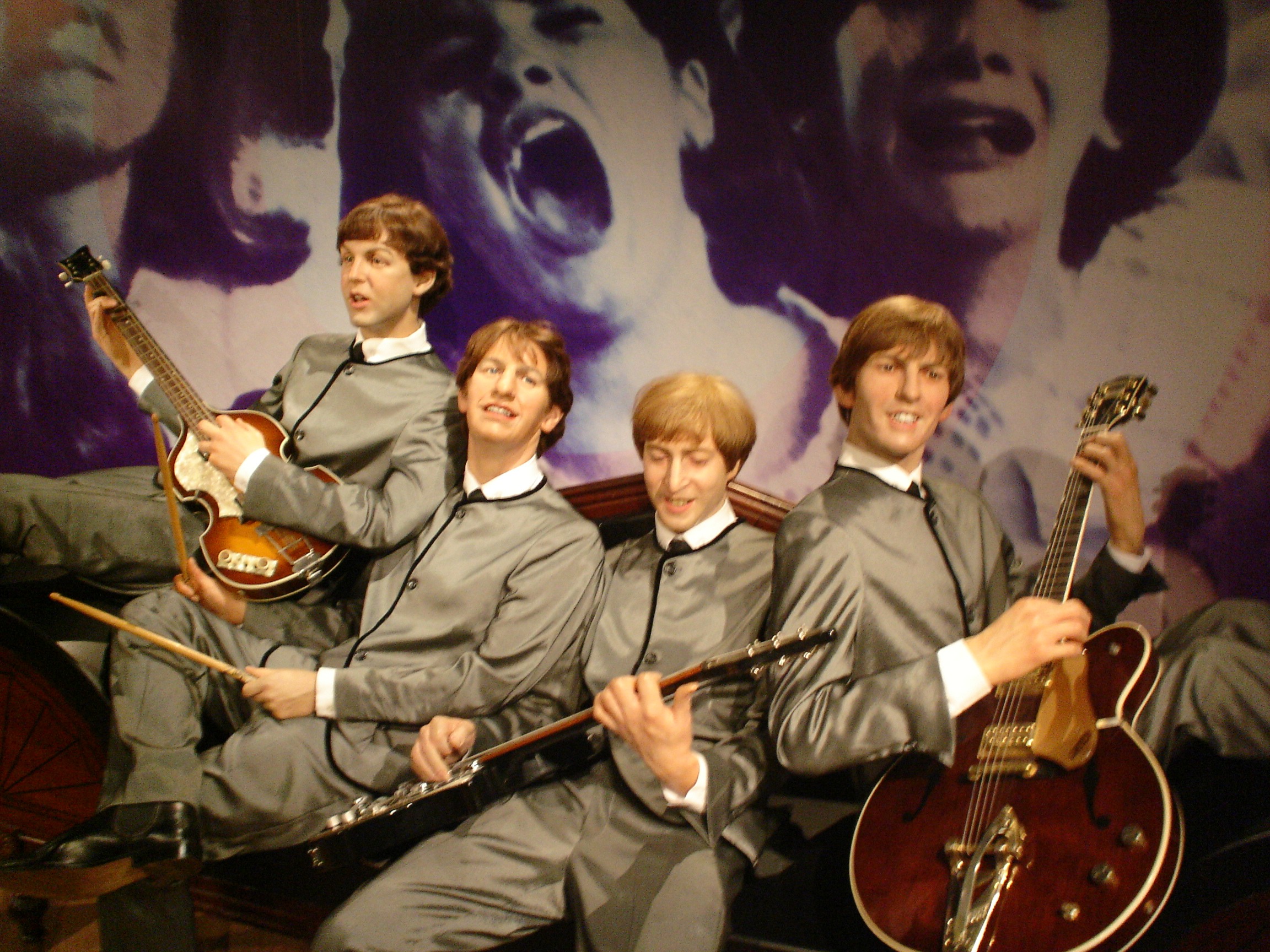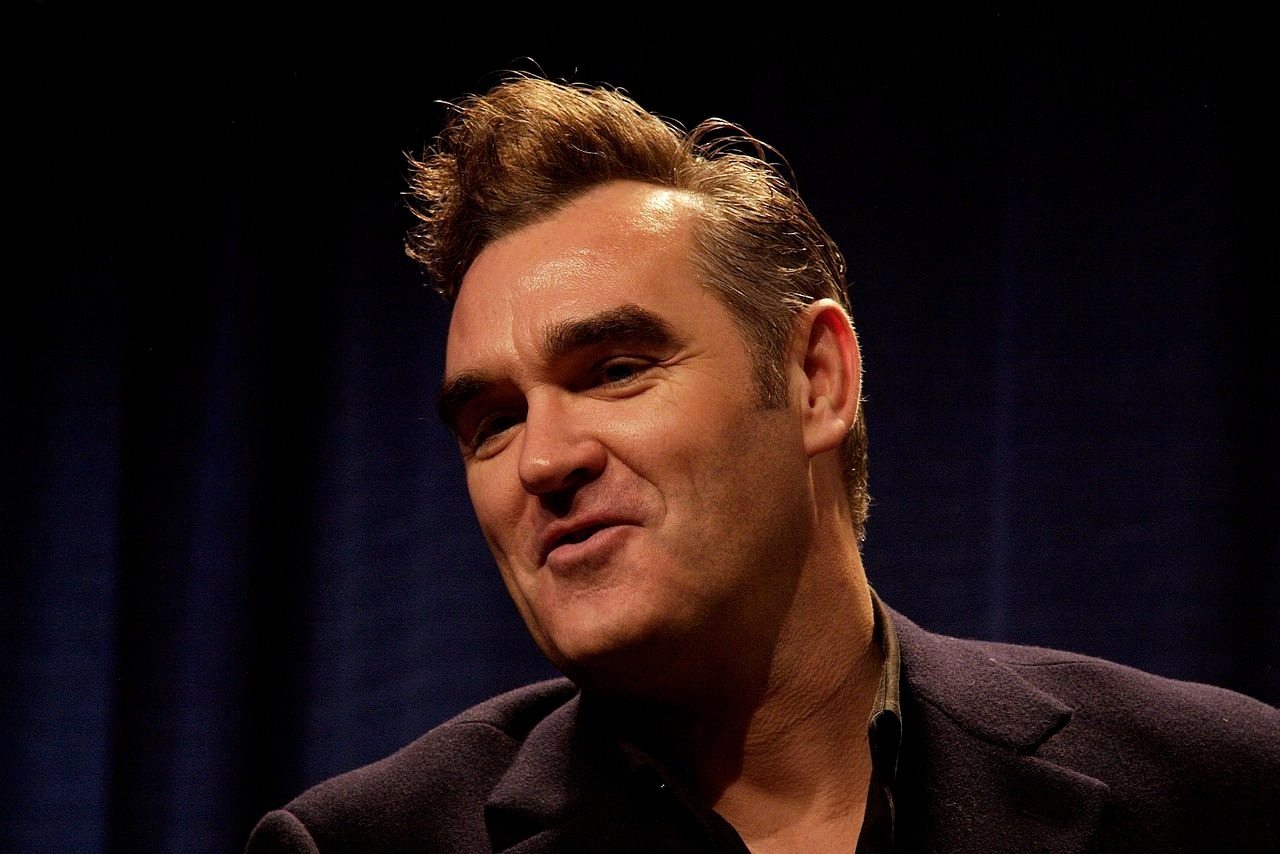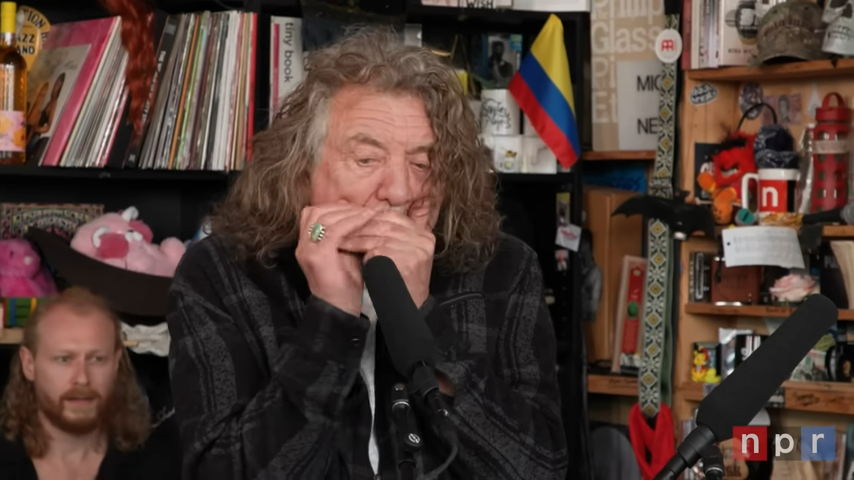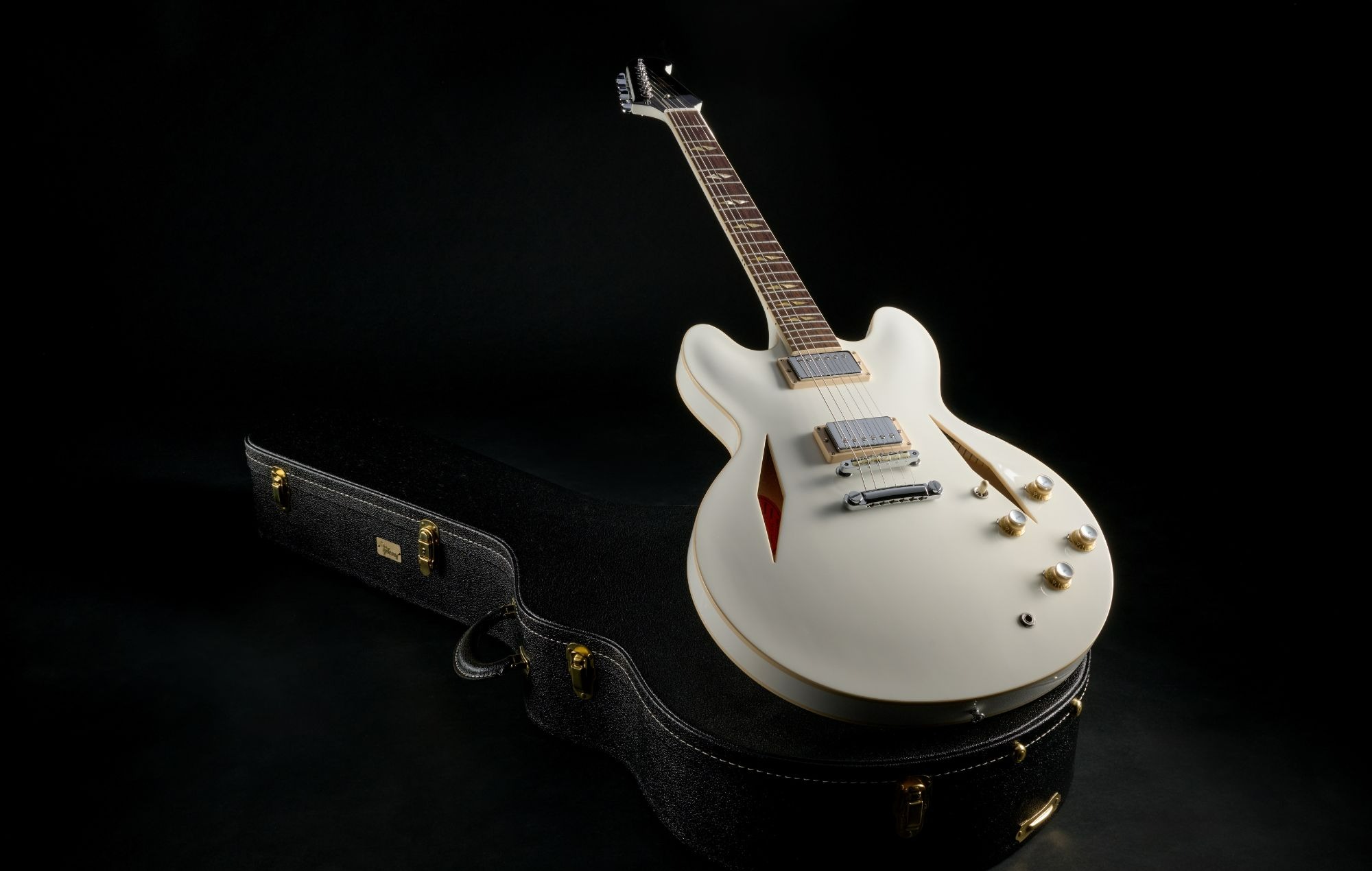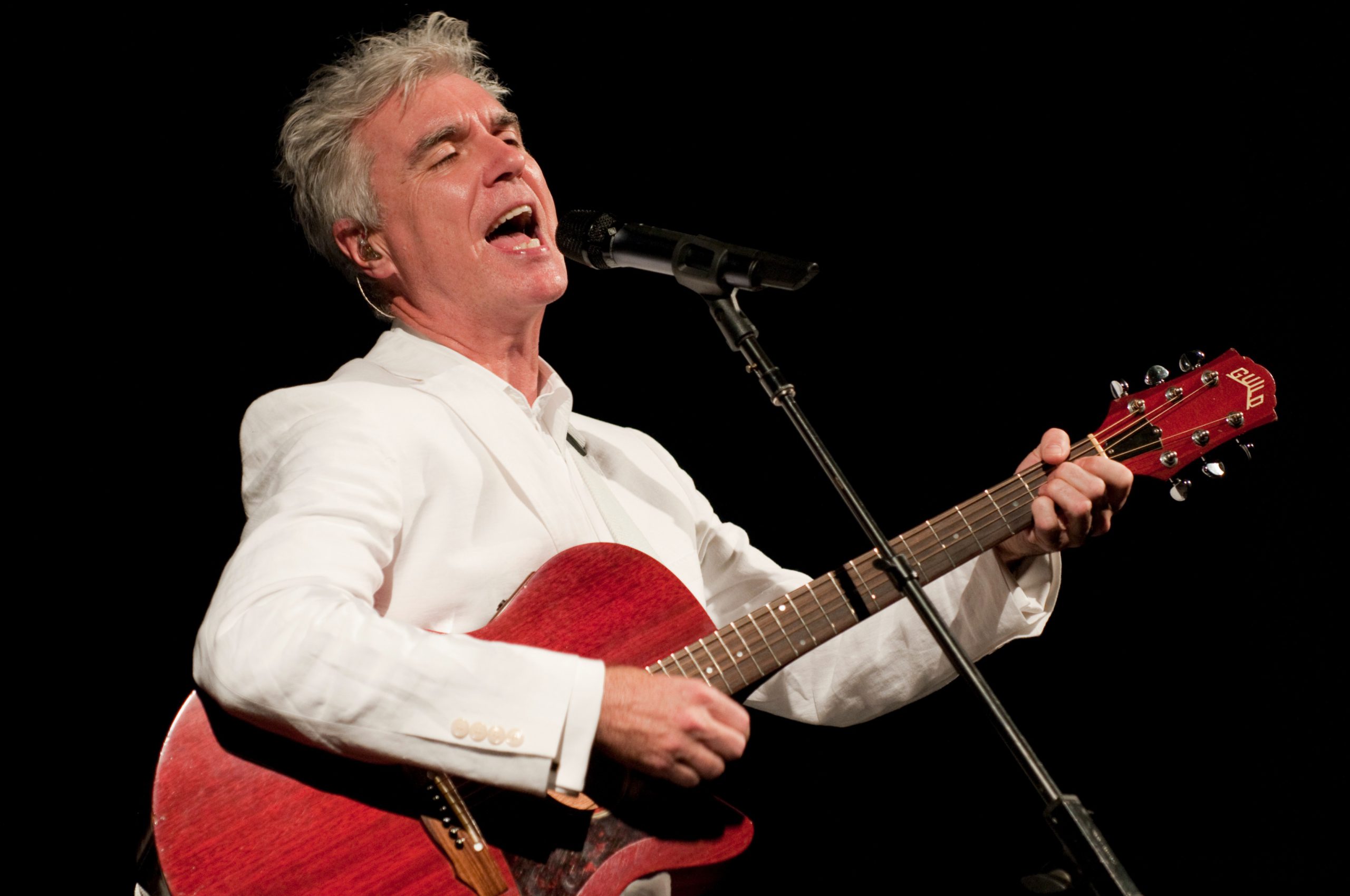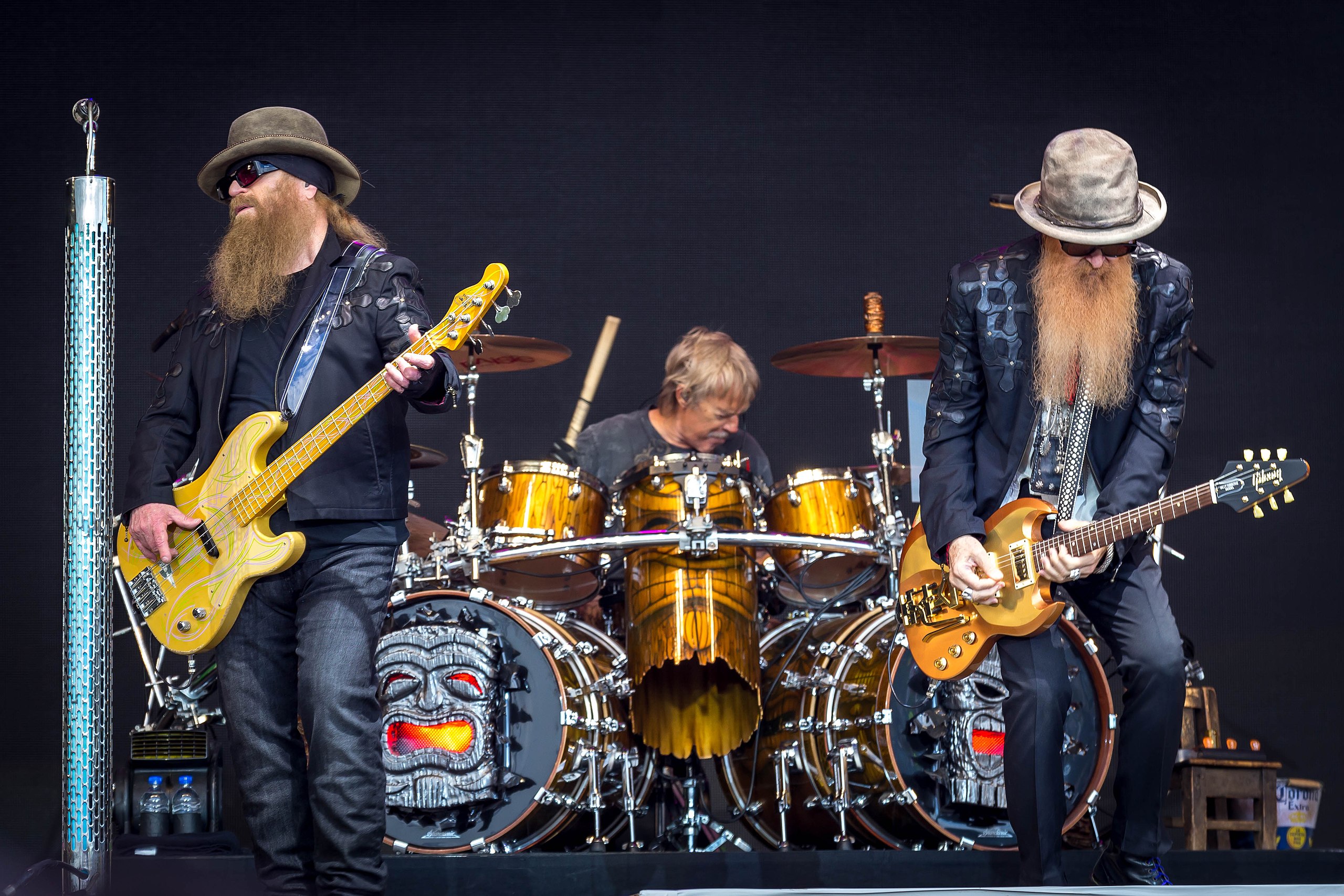Blood dripped from Ringo Starr’s face as Filipino police watched the world’s most famous band get pummeled at Manila airport. The Beatles—who’d conquered stadiums from Shea to the Cavern—found themselves kicked, punched, and spat upon while uniformed officers either joined in or turned away. This wasn’t screaming fans gone wild. This was state-orchestrated violence that would end The Beatles’ touring career forever.
The chaos began with a diplomatic courtesy call gone wrong. Manager Brian Epstein had politely declined First Lady Imelda Marcos’s luncheon invitation on July 3, 1966—standard procedure for a band that avoided political entanglements like the plague. You don’t become a global superstar by getting dragged into local politics.
Philippine promoters had already announced The Beatles’ attendance publicly, turning Epstein’s routine refusal into what felt like a personal insult to the ruling family. State-controlled newspapers unleashed their fury the next morning. The Manila Times plastered front pages with headlines branding The Beatles “rude” and “ungrateful,” accusing them of “spitting in the eye of the First Family.”
These weren’t just harsh reviews—they were signals. In Ferdinand Marcos’s Philippines, withdrawal of official favor meant withdrawal of protection. The message was clear: the Beatles were now fair game. The retaliation came swiftly and systematically, according to contemporaneous reports.
- Police escorts vanished overnight
- Hotel staff refused basic service
- Phone lines went dead
What had been a typical Beatles tour stop—complete with screaming fans and military-grade security—transformed into a nightmare of coordinated hostility.
By the time they reached the airport, angry mobs had formed, and the band faced the terrifying reality that their global fame couldn’t shield them from a regime’s wounded pride. The airport assault left multiple crew members injured, including roadie Mal Evans, according to The Beatles Bible. John Lennon later admitted fearing for their lives—a stark admission from someone who’d faced down countless crowds.
Within hours of escaping Manila, The Beatles had made a decision that would reshape music history: no more touring. The studio became their sanctuary, leading directly to “Sgt. Pepper’s” and their creative renaissance. What happened in Manila wasn’t just a diplomatic incident—it was a collision between pop culture’s global reach and authoritarian power’s local grip.
The Beatles learned that fame, no matter how immense, becomes meaningless when you’re trapped in someone else’s country with their rules. The lesson stuck. Most of them never returned to the Philippines, and their retreat from live performance gave the world some of its greatest recorded music.


